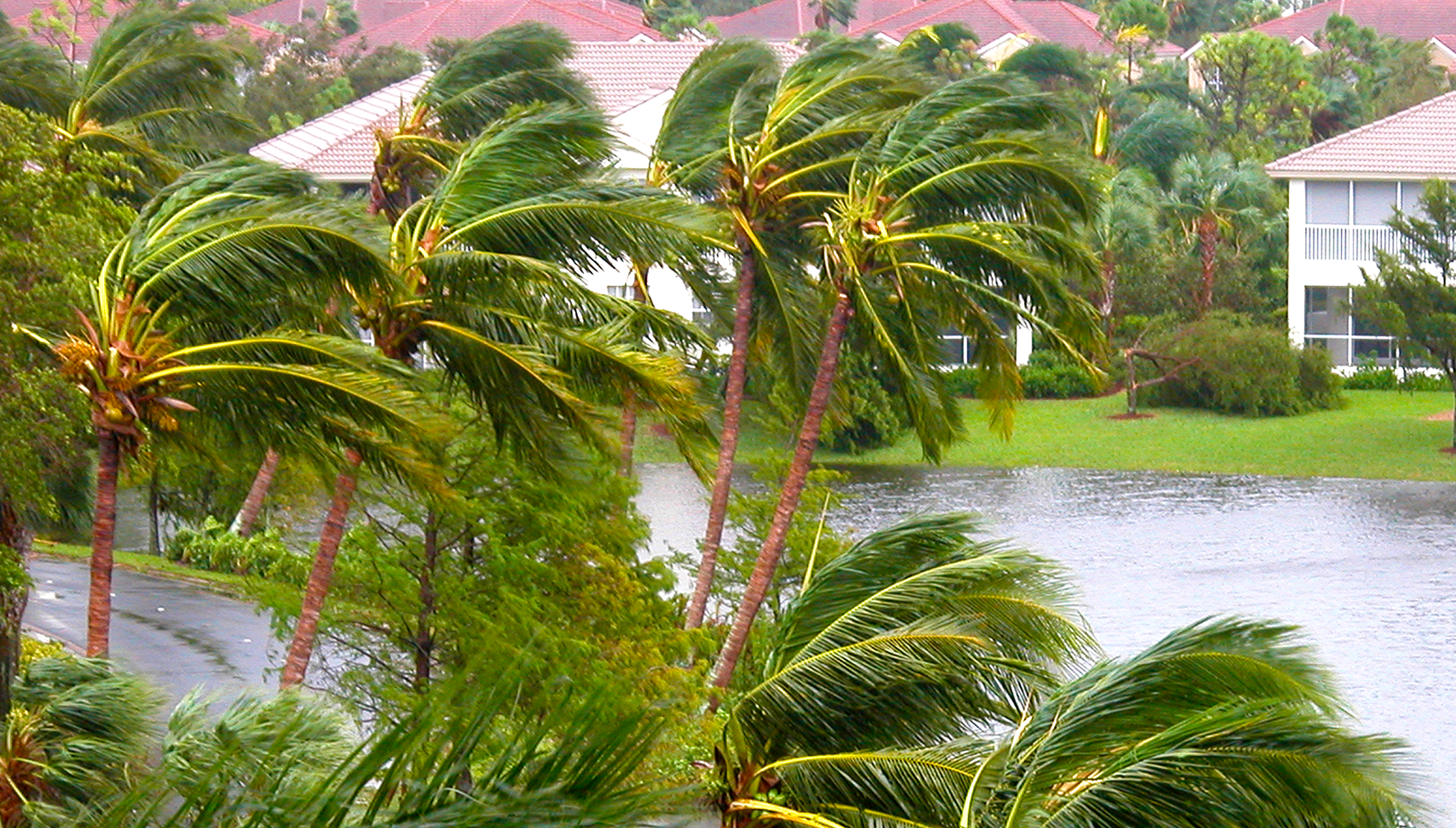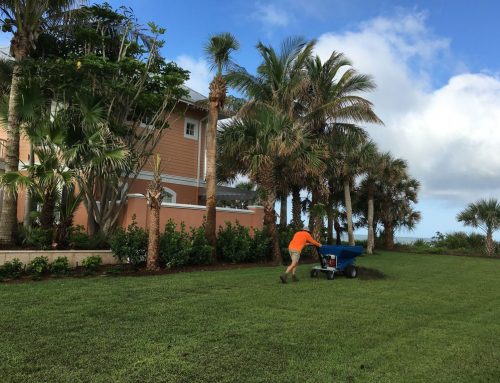Water is essential in sustaining plants in habitats where they naturally grow or spaces where they are artificially maintained. But if it is excessive or lacking, it can be detrimental. Landscape enthusiasts in Sarasota may be familiar with this situation: hot or dry Southwest Florida weather is not unusual for most of the year; but during the summer, the area deals with heavy afternoon rains almost daily. The latter condition leads to stormwater runoff, and managing it is a major factor in ensuring the health of your residential or commercial landscape.
Stormwater Runoff And Stormwater Effects
Runoff is part of the natural water cycle. Also known as surface runoff, it is water that flows over the land surface. It may come from snow or other sources, but it is called stormwater (or precipitation runoff) when it comes from rain. When water hits the ground and drains away, it tends to carry substances that may affect plants in your landscape.
Depending on the volume of water hitting the ground and the intensity of the rain, stormwater may carry with it salt, animal waste, fluids, sediments, and a host of other materials from various origins. It may even have excess chemicals from your plants and soil. As you can imagine, the process causes unintended consequences for the environment. For these reasons and more, stormwater management is an essential requirement in keeping landscapes healthy.
Stormwater Management
Whereas landscaping is an art, stormwater management is a science that may be utilized to deal with the effects of stormwater runoff. On a grander scale, stormwater management is necessary for the state of Florida, particularly to prevent agricultural erosion in rural areas and control flooding in urban areas. The potential damage brought about by stormwater runoff includes the contamination of plants in residential communities. It is then imperative to improve how landscapers deal with stormwater so people can benefit from it and its negative impacts can be minimized at the same time.
What To Know About Dealing with Stormwater
When it comes to stormwater runoff management—and landscaping in general—there are three fundamental things to know: the climate, your soil, and your plants.
- Knowing the climate – As mentioned earlier, Southwest Florida climate tends to be too hot or too rainy depending on the time of year. Wherever your location is, this knowledge should help you set your expectations when it comes to landscaping and the type of stormwater management you should be conducting.
- Knowing your soil – Soil knowledge is both a matter of familiarizing yourself with the type of soil common in your location and determining the nutrient needs of the soil on your property. Soil is a natural filter, and infiltration is another important element in landscaping and water management. Keep in mind that the capacity of your soil to absorb and cleanse stormwater must be maximized.
- Knowing your plants – “The right tree in the right place” is a credo that landscapers should abide by. There are plants that only thrive in specific environments. Before you grow anything in your garden, yard, or lawn, find out if the plants you want are suitable for it.
To tie these three elements together and circle back to stormwater management, saltwater intrusion must be mentioned. Being that Sarasota, along with other locations in and around Southwest Florida, is near the bay, rains often transport salt to the area. This happens because stormwater runoffs bring with it saltwater, which may harm plants that are not salt-tolerant. Such an unpleasant situation can be avoided if you know enough about the climate and the features of your landscape.
Stormwater Management In Landscaping
It’s good to know as much as you can about your climate, soil, and plants when dealing with stormwater runoff; however, that is only a surface-level requirement. Stormwater management is a technical endeavor, and further research is necessary to make it successful. Check this page regularly where to find helpful plant care and landscaping tips.
Stormwater management and water management entail proper drainage, irrigation, water use and reuse, flood prevention with early stage studies, and landscape preparation. They require proper planning and implementation as well as operational maintenance. Extra labor may be needed, and issues such as clogging and sedimentation must be managed well. Reading this article and researching about stormwater runoff management is a step in the right direction, but consider consulting with a landscape company for additional help.






